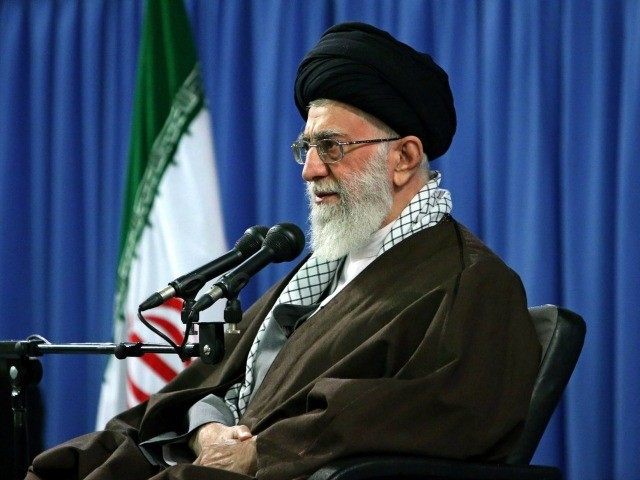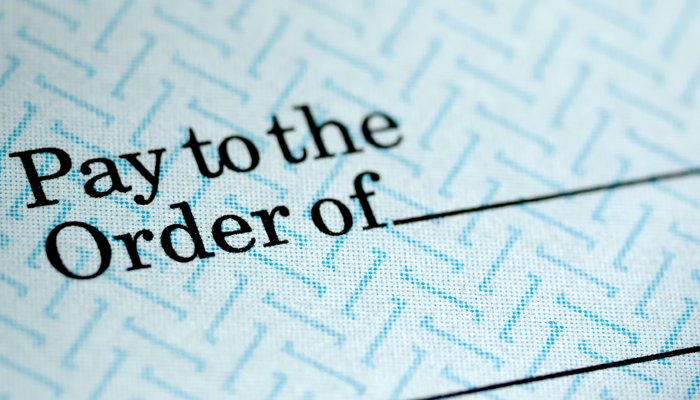Siamak Namazi, an Iranian-American citizen who helped establish a pro-Tehran lobbying group in America, has been arrested in Iran and imprisoned indefinitely.
Mr. Namazi was visiting family in Tehran when he was arrested by Iranian Revolutionary Guards Corps (IRGC) soldiers and sent to Evin Prison, according to Iranian media reports.
The detention center is infamously known for its horrific mistreatment of prisoners. The facility is noted for its routine “beatings, torture, mock executions, and brutal interrogations,” experts have said.
As the 5th American citizen now held hostage by the regime, Namazi joins the Washington Post’s Jason Rezaian, former FBI agent Robert Levinson, Christian pastor Saeed Abedini, and former U.S. Marine Amir Hekmati.
Namazi has been described as one of the “intellectual architects” of the National Iranian American Council (NIAC), a Washington, D.C.-based lobbying group that has been accused of working in support of the regime in Tehran.
He and NIAC Director Trita Parsi founded the organization as a way to continuously lobby for the removal of sanctions against Iran and to promote Iran’s foreign policy, while combating the pro-Israel sentiment in America, according to documents from a Cyprus convention that featured the two men.
Both Parsi and Namazi have strong connections with the Iranian regime’s President, Hassan Rouhani, and its foreign minister, Javad Zarif. The two have continued to actively communicate with members of the regime. Recently, Parsi was seen traveling with Iran’s delegation during the final stages of the Iranian nuclear deal talks.
NIAC has not commented publicly on Namazi’s arrest, which is believed to have occurred a week or two ago.
When reached by Breitbart News, NIAC Policy Director Jamal Abdi said that the organization has no comment at this time.
An expert on Iran suggests the arrest is the result of a power struggle within the country. Hassan Dai, the editor of the Iranian American Forum, told Breitbart News that Namazi’s imprisonment shows the Ayatollah remains completely in control of his nation’s affairs, and that even Iran’s president is powerless to protect his acquaintances from imprisonment.
Dai explained that Namazi had consistently “lobbied in favor of a faction of the regime,” which upset the Mullahs because it would only be acceptable to “lobby for the whole regime.”
The fight between the factions in Iran is a fight for “the best solution to preserve the regime,” he explained, adding that groups like NIAC have never sided with true “reformists,” but with people who wish to employ a different strategy to empower the regime, such as Hassan Rouhani and former President Akbar Rafsanjani.
Because Namazi and NIAC prefer one faction over the other, “they are undermining the Supreme Leader. They are undermining the Revolutionary Guard,” Dai explained. “When you lobby U.S. policymakers to remove sanctions against Iran with the rationale that it will help reform the regime, you undermine the Supreme Leader, because he wants them to accommodate to the regime now.”
The arrest of Namazi sends a message from Iran’s rulers that “Rouhani has no power,” Dai concluded. “He can not even protect his own friend.”
Namazi’s arrest casts doubt on President Obama’s rationale for the Iran deal. The White House insisted that engaging Iran will help reform the regime, but the detention of a fifth American citizen, and Iran’s continuing aggression, shows that the administration’s reasoning for dealing with the Ayatollah has not held up to scrutiny thus far. The power structure of Iran has not changed since the nuclear deal, neither has Iran’s support for regional terrorist organizations.
Iran claims that the United States is currently holding 19 Iranian nationals under arrest. Regime officials have hinted that they would trade the American citizens for the state-side Iranians. On October 23, a U.S. court sentenced Mozaffar Khazee, an Iranian-American dual citizen, who was convicted of attempting to smuggle state-secrets to Tehran.
27 Oct 2015
Edwin Mora contributed to this report.
http://www.breitbart.com/national-security/2015/10/27/iran-arrests-american-founder-pro-regime-lobby/


